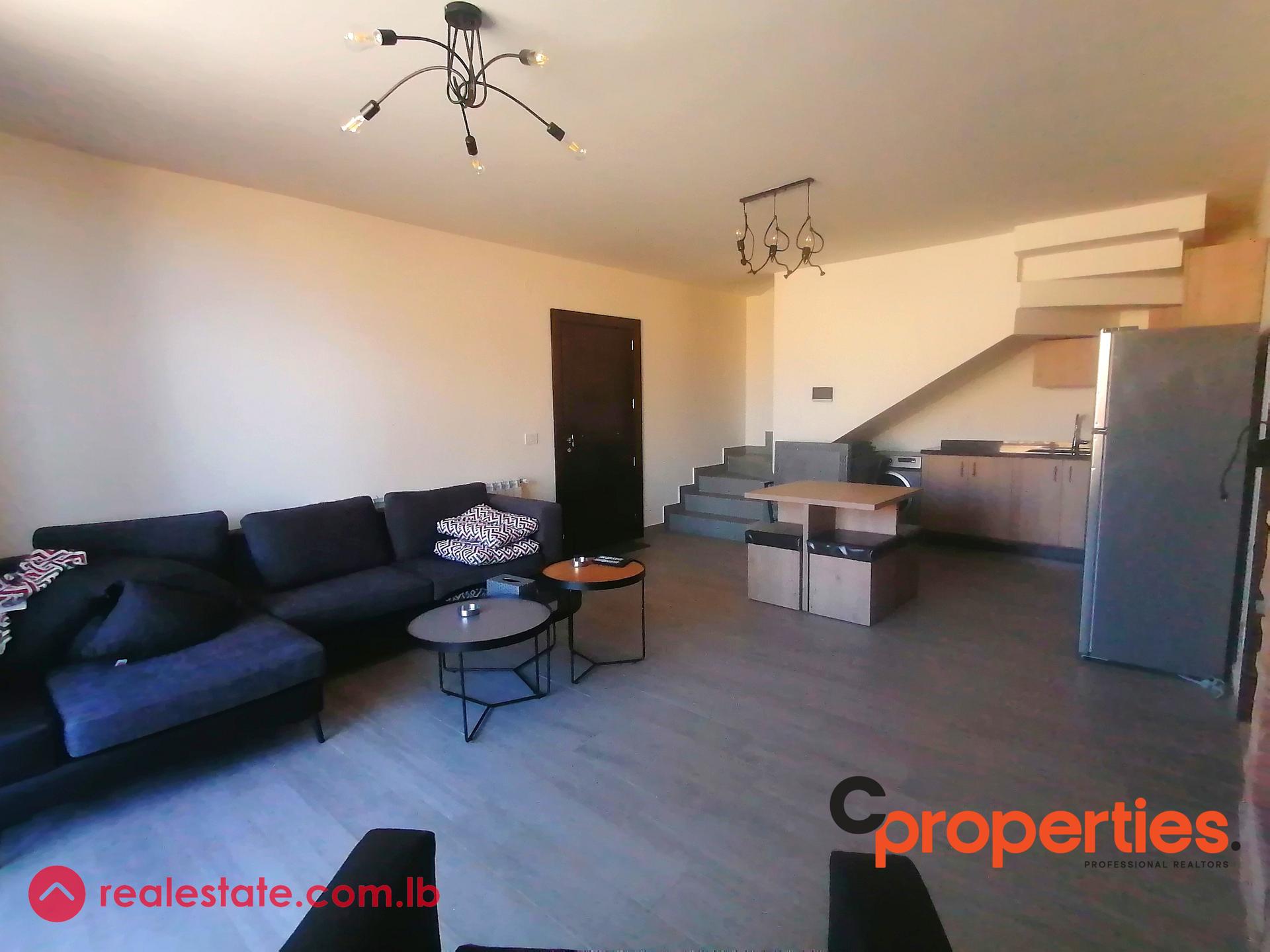Rent a Chalet in Laqlouq
Dec 23, 2024
Rent a Chalet in Laqlouq
Laqlouq, a picturesque mountain village nestled in the heart of Lebanon, offers a unique winter escape that blends the thrill of winter sports with the charm of historic Jbeil. A rented chalet in Laqlouq provides the perfect base for exploring this enchanting destination.

Laqlouq provides an exceptional skiing experience by combining spectacular mountain views with top-notch slopes. Whether you're an experienced skier or a beginner, you'll discover the right run for your ability level. The slopes of Laqlouq provide a wide range of obstacles, from easy beginning hills to severe expert terrain.
Laqlouq's proximity to the historic city of Jbeil offers a unique blend of winter sports and cultural experiences. During the festive season, Jbeil transforms into a winter wonderland, with its iconic Christmas tree and vibrant Christmas markets.
Lose yourself in the enchanting atmosphere of the Christmas market, where you can find unique handcrafted gifts, delicious local delicacies, and festive decorations. Attend a Christmas mass in one of Jbeil's historic churches, immersing yourself in the spiritual heart of the city.

Beyond the festive cheer, explore the ancient ruins of Byblos, a UNESCO World Heritage Site. Wander through the remnants of Phoenician civilization and discover the rich history of this coastal city.

After a day of adventure on the slopes or exploring the historic sites of Jbeil, retreat to the warmth and comfort of your rented Laqlouq chalet. Cozy up by the fireplace, sip on a glass of local red wine, and savor the stunning mountain views.

Indulge in the flavors of Lebanese cuisine, from hearty stews to grilled meats. Gather with friends and family, sharing a beautiful holiday experience together.

Renting a Laqlouq chalet offer the perfect blend of luxury and tradition. Relax in spacious living areas, unwind in cozy bedrooms, and enjoy the peace and quiet of a winter wonderland.

So, what are you waiting for? Book your winter chalet in Laqlouq and experience the magic of a Lebanese winter. Immerse yourself in the breathtaking scenery, indulge in thrilling winter sports, and embrace the warmth of Lebanese hospitality. Renting a chalet in Laqlouq is the key to an unforgettable winter adventure.